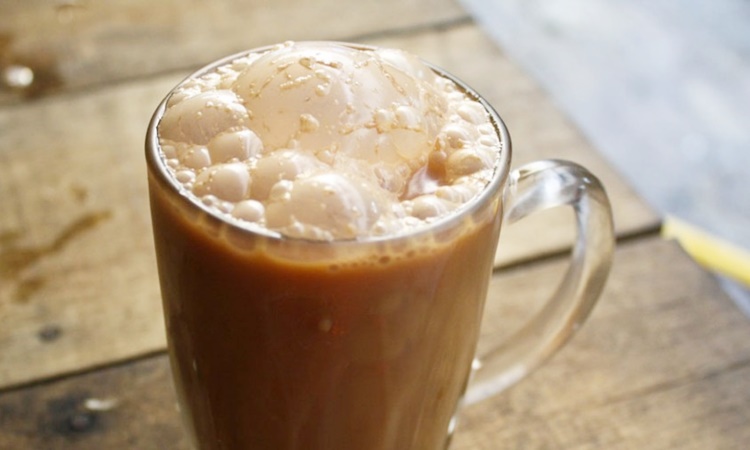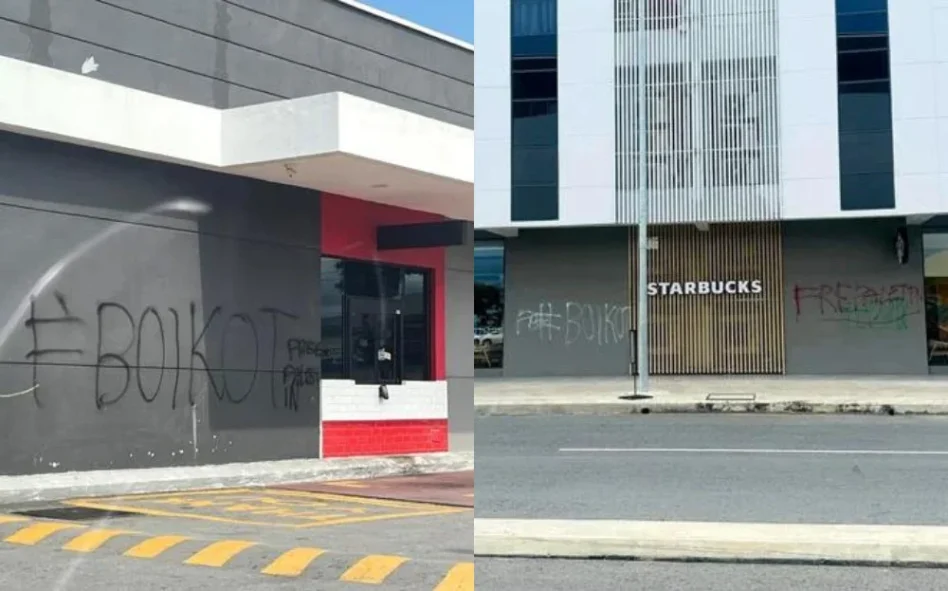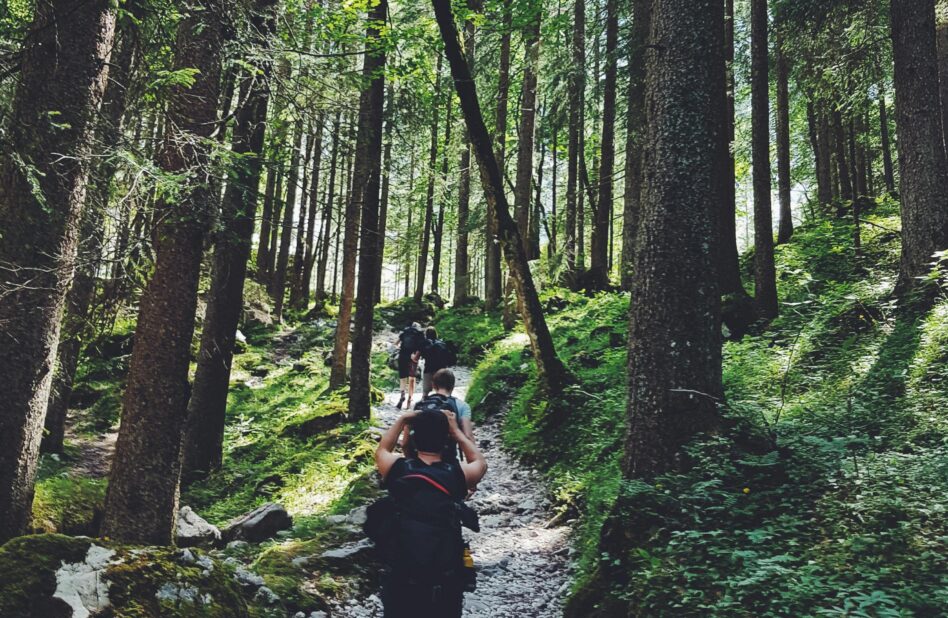By Sharina Ahmad
THE Covid-19 pandemic is causing travel restrictions and cancellations that have severely impacted the travel and tourism sector.
It is no different for Airbnb Malaysia, whereby hosts are suffering from minimal income from their properties while Airbnb, which charges commission on bookings made on their platform, is suffering from a decline in bookings.
Before the coronavirus emerged, growth in travel and tourism had outpaced growth in the global economy for nine years straight. In 2019, the industry made up more than 10% of global gross domestic product (GDP) and created one in every four new jobs.
“This kind of momentum can’t be paused for long, but as travel recovers, it will look different. We believe that people will seek out nearby things to do and places to visit; they will want longer stay options for family, work and study; and they will look for sites and activities away from tourist hotspots,” an Airbnb spokesperson told FocusM.
According to Skift Research, a travel research and analysis data provider, travellers will be “drawn to activities and experiences that involve less exposure to crowds, more control of their surroundings and more assurances of cleanliness”.
“We are heartened that 92% of hosts have told us they plan to host at least as often as before the pandemic once travel resumes, and we are making investments that will strengthen and grow our business in the post-pandemic world.
“At Airbnb, we are working hard to support our community and prepare for the future of travel,” it said.
The Airbnb community already has a strong historical track record of cleanliness. “Our high standards require listings to offer a certain level of cleanliness, and we respond to reports when those expectations are not being met.”
To date, 94% of all Airbnb reviews show that guests are satisfied with the cleaning, scoring it at 4 or 5 stars after their stays.
The online market provider has also provided US$250 mil (RM1.08 bil) payout to hosts who are impacted by cancellations and a US$17 mil Superhost Relief Fund. “As this crisis evolves, we will continue to keep the local community up to date with the latest guidance from local authorities. We are also sharing listing tips with our Airbnb hosts and how to reassure guests and secure future bookings.”
Airbnb’s homestay host Lam Choong Wah opined that people are more cautious and there will be no travel and tourists anytime soon.
“Definitely, my homestay business is greatly affected by the MCO. From March to May, there was total zero business. Usually, the school holiday in March and Tomb Sweeping Day are the main source of business, but I had missed these opportunities due to MCO,” he shared.
Lam’s homestay, called The Rainx, is a small-scale homestay in Taiping that has suffered around RM3,000 to RM4,000 loss of income during this critical period.
For the time being, Lam said he has to expand his source of income by doing other jobs to survive through this hardship.
During this pandemic, he observed that hotels had more resources to handle the crisis compared to smaller-scale homestay operators.
“Disinfection, body temperature screening, worker’s protective gears and more will incur extra cost that a small-scale homestay is unable to bear. On top of that, hotels are allowed to open but not homestay. As long as the CMCO is in place, homestay has no future. But, I expect homestay to come alive once the pandemic is over and the CMCO is lifted.”
Malaysian Association of Hotels CEO Yap Lip Seng said Covid-19 has undoubtedly impacted the entire tourism industry and accommodation is part of it.
“The hotel industry in Malaysia is looking at an average occupancy of approximately 25% this year, and naturally alternative accommodations such as home-sharing are affected too, albeit not as much.”
Yap said home-sharing accommodations such as Airbnb are still operating illegally despite the MCO restrictions, as there is no enforcement by the authorities.
“Without any standard operating procedures or common hygiene standards in place, homes are not a wise option for travellers. It is a potential health hazard not only because of Covid-19, but also many other diseases,” he told FocusM. – May 14, 2020










